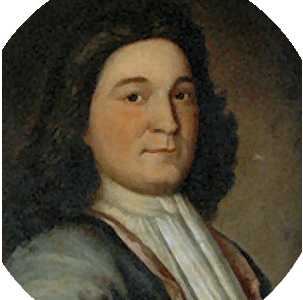
Sir William Phips
The New England-born, Swashbuckling, Royal Governour (1691-94)
Confidant of Increase and Cotton Mather, Member of the Second (‘Old North’) Church
No one of our early colonial writers shapes a biography more intriguingly than Cotton Mather, the third minister of the Second ‘Old North’ Church in Boston. Such is the case with the history of his convert and friend, Sir William Phips, the first and American-born Royal Governor of the Colony under the new, 1691 Charter.
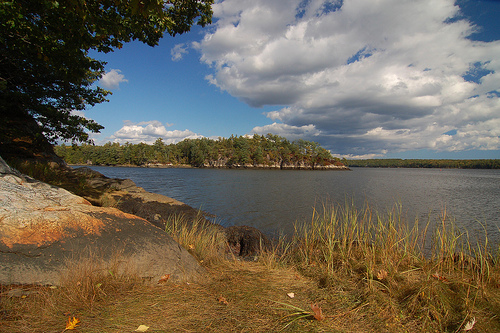
William Phips was born in 1651 in an area of the ‘wilderness’ far north of Boston, in the upper reaches of the Kennebunk River, where virgin hardwood trees could be floated down to the coast and turned into strong spars for sailing ships, a primary contribution to the Colony’s prosperity. His father, James, was a trader who also worked as a ‘ship-carpenter’. The twenty-one male members of their mother Mary’s twenty-six children were put to work in their father’s enterprises.
William, by age 18, and ‘restless for adventure,’ came to Boston to learn to read and write. Through the by now typical ‘New England Way’ of accomplishment, he became a trader in fir and lumber, sailing between Boston and Barbados. He married Mary (Spencer) Hull, the widow of another ship captain.
Phips was not a ‘churched man;’ rather, he was guided by proto-American secular leanings in his favorite mottos: Incertum quo Fata ferant — ‘None can tell where Fate will bear me;’ and Spes Majoram et Meliorum — ‘Hope of better and greater things.’ The Pilgrim Fathers, in their Dutch sojourn, had been perturbed by these sayings, found even on Dutch coins of the period. This worldly attitude had caused a number of their company to resettle in the New World.
Phips became captain of an English vessel, plying the shipping lane between England and New England, the busiest in the known world at the time. Fate entered his world in the current ‘ship’s tales’ of sunken treasure. His ‘hunt,’ funded by London proprietors, led to a sunken Spanish vessel off Haiti’s Port de la Plata, (‘The Port of Silver’) with a cargo of silver worth £300,000 sterling.

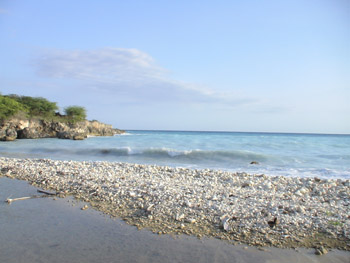
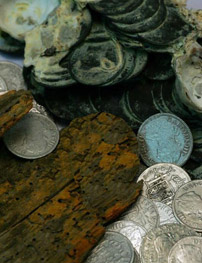
Phips had vowed that “if he was given a safe return to England from this adventure, he would devote himself unto the interest of the Lord Jesus Christ and of his people, especially in the country which he did himself originally belong unto.” Through friendship with Increase and Cotton Mather, Phips became, in 1690, a member of the Second (‘Old North’) Church in Boston. Within the Church building in North Square, he had a ‘governor’s pew‘ made, complete with a canopy cover.
This was a time in which the Massachusetts Bay Colony was experiencing dire straits.
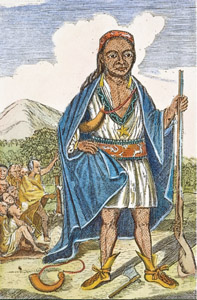
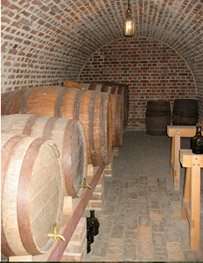
1) King Philip’s War had burned and destroyed 14 towns in New England, killing or capturing the inhabitants. By decimating half of the Colony’s population, Metacom was almost successful in driving the remainder into the sea.
2) The Colony was in tremendous debt, its paper money worthless. “Without any assembly, [the Royal] Gov. Ambrose’s [appointed] council had levied on the people a penny in the pound of all their estates, and twenty-pence per head as poll-money, with a penny in the pound for goods imported, besides a vast excise on wine, rum, and other liquors. [The Colony] pleaded that they should not be taxed without their own consent.”
3) As the English had nullified the original Mass Bay Charter, Increase Mather was sent to London to plead with King William and Queen Mary for its return. The success of the Colony was truly in doubt.
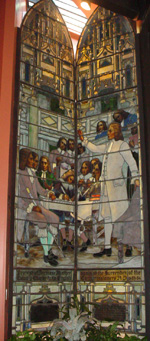
The ‘ancient charter’ of 1630 was thought to be deficient in many ways: particularly the insufficient power of the courts, and the fear of losing land to those who held other charters.
After four years of deliberation, Increase did not win his goal, but the compromise was not inconsiderable: the New England colony would have all of the common English liberties, plus legal title to land and the ‘liberty of conscience’ in religion.”
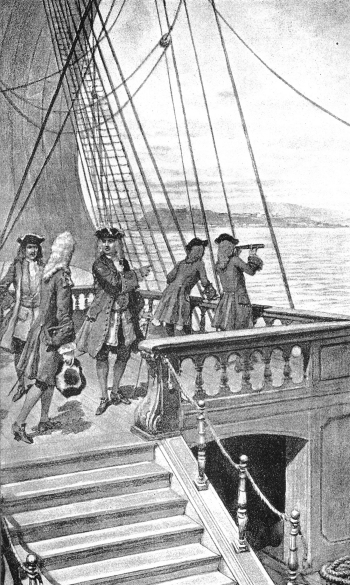
For his exploits in recovering the sunken treasure, the King, James II, had knighted Phips, and in paying him a £16,000 share, made him a wealthy man. The Peter Faneuil Mansion became his home in Boston. Now Phips was asked to do good work for his adopted country, England. Employing his energies, Phips was successful in removing the French from Acadia (L’Acady) and Nova Scotia and returning them to English control. Later, however, in expanding his operations, he lost at Quebec and Montreal, due to a delay in supplies and to winter’s debilitating forces.
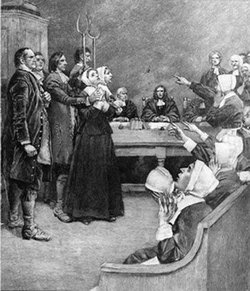
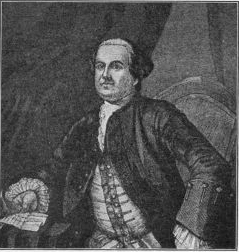
Returning to Boston in 1692, with Increase Mather and a new Charter, the newly appointed Royal Governor came upon the Salem witchcraft panic. Phips ordered a commission on witchcraft as the trials entered a frenzied phase. But in the course of finding his wife accused of being a Witch, Phips ended the commission and brought the hysteria to a close. Sir William died in London in 1694, having more than accomplished his Spes Majoram et Meliorum.
WIKIPEDIA